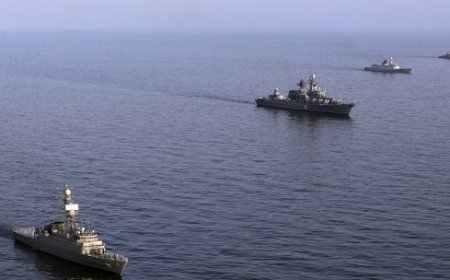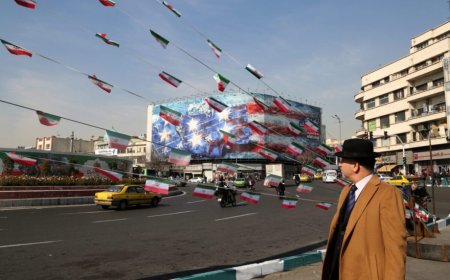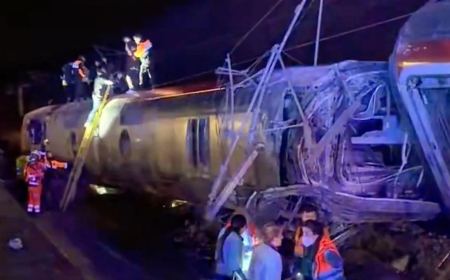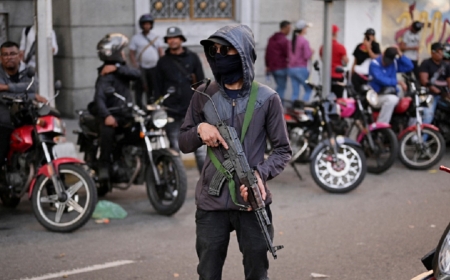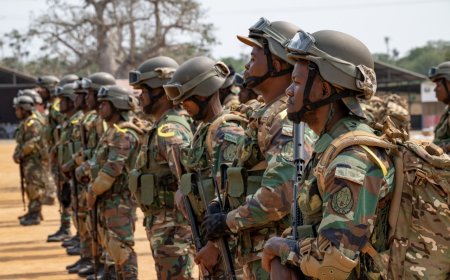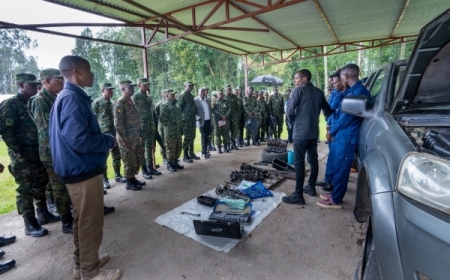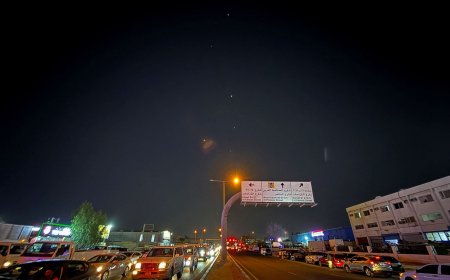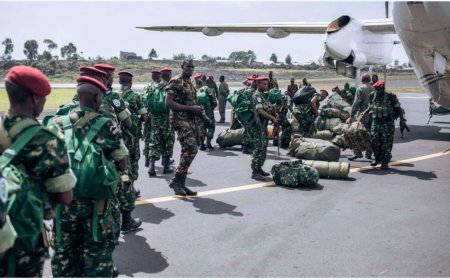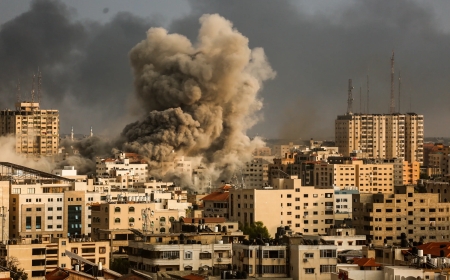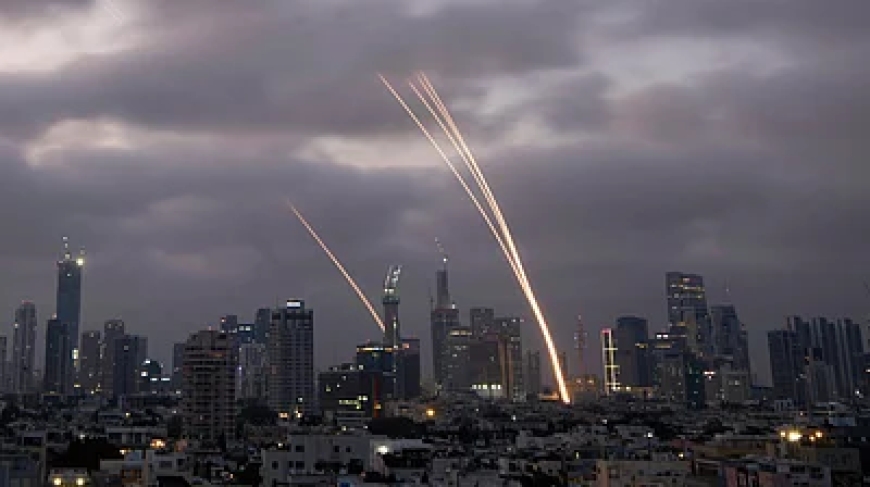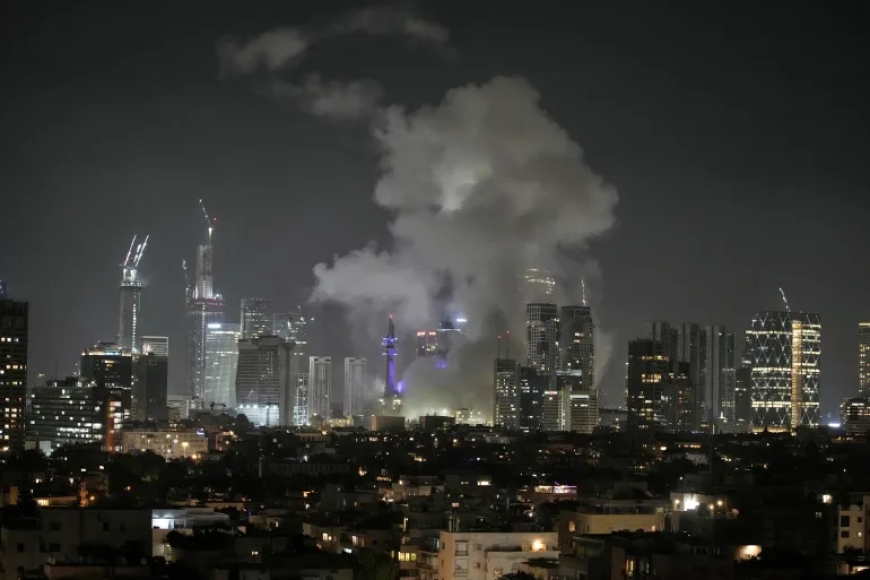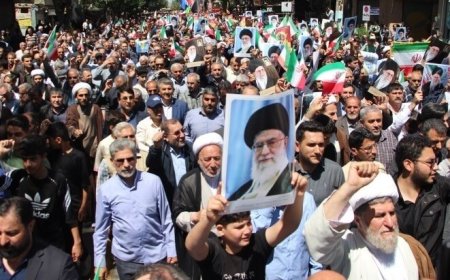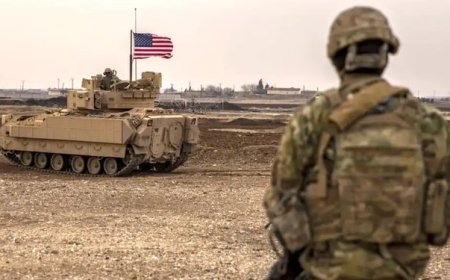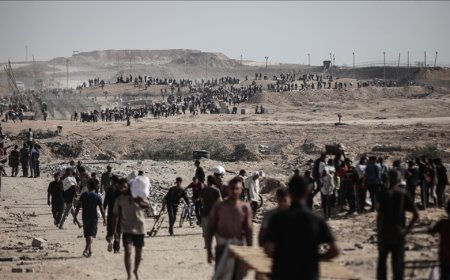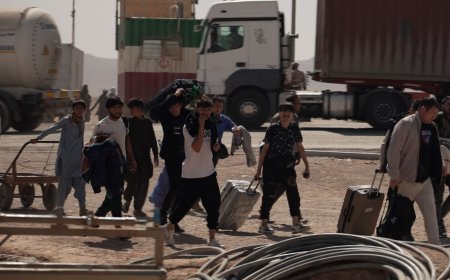Iran reports interception of projectiles near Natanz nuclear site
Iranian state media reported Monday that air defense systems engaged and destroyed incoming projectiles near the Natanz nuclear facility overnight.
According to Mehr News Agency, air defenses in Isfahan responded to what were described as “hostile targets” until Monday morning. Explosions were also heard in the nearby city of Najafabad, which local reports attributed to the activation of air defense systems.
Iranian missiles hit multiple Israeli cities early Monday, killing at least eight people and wounding over 100, according to Israeli army radio.
The latest casualties bring Israel’s death toll to 21 since Friday, as Iran continues retaliatory strikes following Israeli attacks on its nuclear and missile infrastructure.
The escalation has raised alarm among leaders attending this week’s G7 summit, amid fears that the conflict could expand into a broader regional war.
Minor damage was reported near the US Embassy branch office in Tel Aviv following “concussions of Iranian missile hits nearby,” US Ambassador Mike Huckabee said Monday.
No US personnel were injured, but the US Embassy in Israel and its consulate remain officially closed on Monday due to an ongoing shelter-in-place order.
Israel’s recent strikes on Iran’s nuclear facilities may have seriously damaged the underground Natanz enrichment site, according to a report by The Wall Street Journal citing Israeli and international officials.
An Israeli official told the paper there are early indications that the underground portion of the Natanz facility may have imploded, though further assessments are still needed. The International Atomic Energy Agency (IAEA) said the sudden loss of power at Natanz could have destroyed some of the site’s 14,000 centrifuges, which are highly sensitive and can be damaged if not shut down properly.
The fate of Iran’s enriched uranium stockpiles — stored at Natanz, Isfahan, and Fordow — remains unclear. Israeli officials said Tehran had recently signaled it might disperse those supplies, adding urgency to the timing of the strikes.




